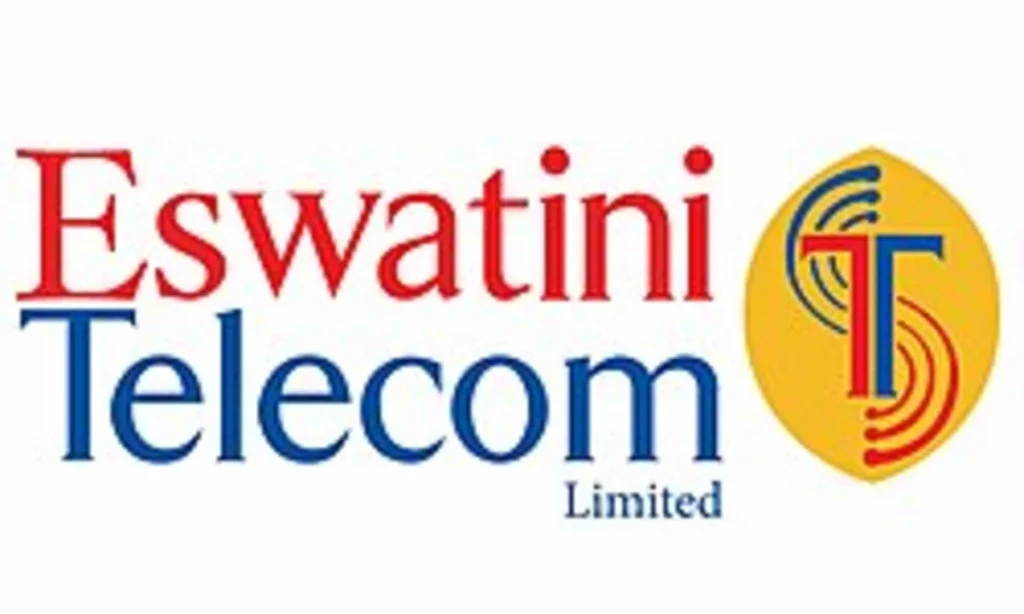- EPTC (Swaziland PTC) is a state-owned parastatal offering postal, telecom, courier, and contact centre services. It spans Eswatini Post, Eswatini Telecom, Phutfumani Couriers and the National Contact Centre (NCC).
- The telecom sector in Eswatini faces low broadband reach, high prices, geographic difficulties and slow liberalisation. EPTC responds by using microwave links, ADSL, fibre to the home, and postal-courier synergy.
Eswatini Posts and Telecommunications Corporation (EPTC / Swaziland PTC) Company Details
Eswatini Posts and Telecommunications Corporation is a Class-A public enterprise under the Ministry of ICT. It was founded in 1986 under Act No 11 of 1983. The group has about 800 employees and is based in Mbabane. It includes four units: Eswatini Telecom, Eswatini Post, Phutfumani Couriers and the National Contact Centre (NCC).
Eswatini Telecom offers ADSL broadband, voice, mail-order, operator services and direct dialing to over 200 countries. The post unit handles letters, parcels and acts as government retail outlet and social grant pay-point. Phutfumani Couriers delivers domestic and international freight. NCC supports business process outsourcing.
EPTC holds IP and network resources under AFRINIC LIR status. It operates AS327762 and AS19711 across multiple IP ranges. It peers with regional networks. It serves ISPs, FTTH, ADSL retail, SMEs and two mobile operators via backbone and transit services.
Also read: Aptus Solutions powers Tanzania with broadband, hosting and IT
Also read: Platinum Broadband: Tackling South Africa Connectivity Challenges
Industry Landscape and Challenges for Swaziland PTC / EPTC
Eswatini’s telecom market was among the last in Africa to shift from full monopoly. Until 2011, EPTC also served as regulator and had mobile market stake. Reforms began in 2013. In 2016 EPTC received a unified licence. MTN Swaziland gained 1800 MHz spectrum for LTE. Swazi Mobile launched 2G, 3G, LTE on shared networks.
Despite liberalisation, broadband costs remain high and penetration stays low. Geographic terrain, including mountains and sparse settlements, makes telecom roll-out costly. Microwave technology helps link remote areas where fibre is hard to deploy. EPTC uses that mix to extend coverage and manage costs.
Competition grows fast. Mobile penetration in Eswatini now exceeds regional average, although growth slows. Four ISPs compete with EPTC in internet space. EPTC must manage postal, telecom, courier and contact centre functions with few overlaps. That adds to complexity and cost.
Innovation by Swaziland PTC (EPTC)
EPTC invests in microwave links to serve remote areas. It provides ADSL for homes and SMEs. It supports FTTH roll-out via ISPs. It keeps operator-assisted services for international voice calls. It uses shared infrastructure and peering to boost efficiency.
Postal and courier units add value. Eswatini Post serves as a retail and payments hub. Phutfumani Couriers handles freight logistics. NCC offers outsourcing services. That enables EPTC to use existing assets for multi-service delivery.

